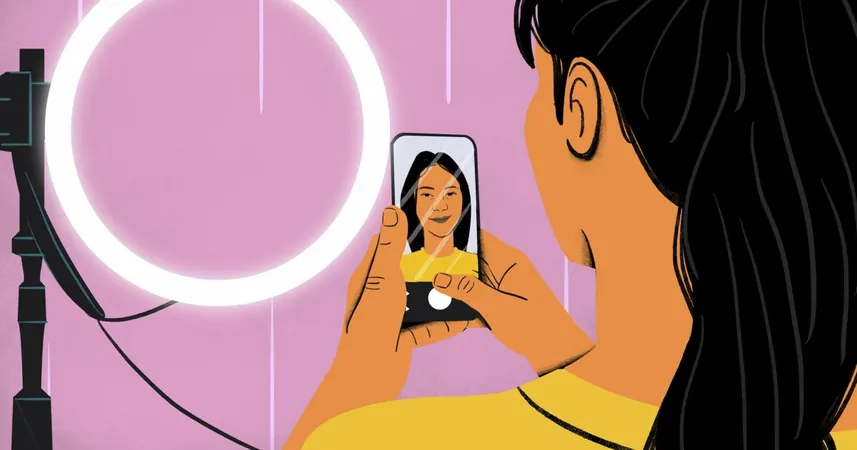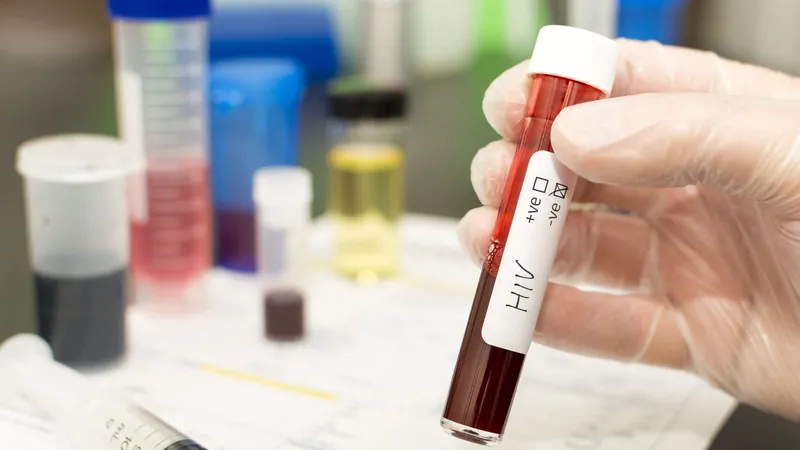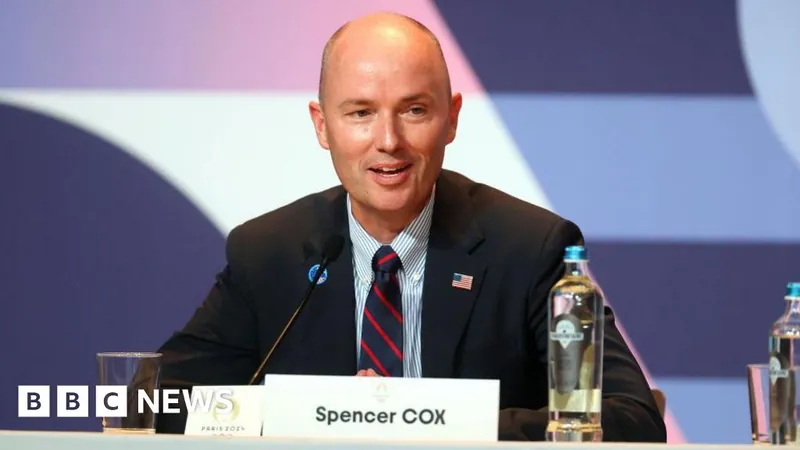
TikTok's ADHD Content: Helpful or Harmful? What You Need to Know Before You Rely on It
2025-03-24
Author: Michael
TikTok's Mixed Bag of Information
Recent research has highlighted a concerning trend: less than half of the claims made in popular ADHD videos align with established diagnostic criteria. This discrepancy raises alarms, as many videos oversimplify or exaggerate ADHD symptoms, potentially misleading viewers. Furthermore, a significant number of these creators promote products linked to ADHD, blurring the lines between genuine help and self-promotion.
The study's author, Vasileia Karasavva from the University of British Columbia, emphasizes that excessive exposure to ADHD content on TikTok may negatively influence users' perceptions of their own symptoms. “People who watched more felt worse about their own symptoms, believing they had more severe challenges," she states.
The Dangerous Misconception of ADHD Prevalence
The study also revealed that users of TikTok tend to overestimate the prevalence of ADHD, with some believing it affects nearly 30% of the population. In reality, statistics suggest around 5% in Canada and 6% in the United States. Karasavva warns that continual exposure to these videos fosters a heightened awareness of minor lapses in concentration, leading to an exaggerated sense of their severity.
Why Are These Videos So Alluring?
It's no wonder that TikTok's engaging format captures attention. Humorous takes on serious subjects make the content more digestible. As noted by Maggie Sibley, a clinical psychologist at the University of Washington, traditional medical explanations can struggle to compete with the entertaining nature of social media content. “People are not going to tune in for dry academic discussions when TikTok offers something far more amusing,” she explains.
Clinicians, too, have noted the impact of these videos, often encountering patients who arrive self-diagnosed based on TikTok content. Some individuals even request specific medications, citing their familiarity with ADHD treatment from these platforms.
The Risk of Misdiagnosis and Treatment
Experts worry that such self-diagnoses could lead individuals down a path of unnecessary treatment. Misuse of stimulant medications, especially among younger adults, is a growing concern, particularly in college environments where ADHD has become a catch-all expression for various behaviors and struggles.
Antshel adds that many TikTok videos may conflate ADHD with symptoms of other mental health issues, such as anxiety or depression, potentially complicating treatment. Yet, he acknowledges the role social media plays in filling knowledge gaps and providing a sense of community for those who have long felt unheard.
Embracing the Nuance of ADHD
Sibley points out that ADHD exists on a spectrum; while many may exhibit a few symptoms, that does not equate to a formal diagnosis. ADHD is largely genetic and requires a comprehensive evaluation from qualified professionals.
While the information shared on platforms like TikTok poses risks, Sibley believes it also presents unique opportunities for research and conversation about ADHD. “We need to listen to what’s emerging on social media, then rigorously study the claims to determine what holds merit,” she asserts.
With approximately one in four adults in the U.S. suspecting they have ADHD, it's essential to approach this topic with a balanced perspective. Engage with the TikTok content mindfully, and always consult a healthcare professional for an accurate diagnosis.
In today’s digital age, where social media is a prominent source of information, navigating ADHD awareness requires caution, critical thinking, and professional oversight. Your mental health is too important to be swayed by viral trends—educate yourself and seek the guidance you deserve!









 Brasil (PT)
Brasil (PT)
 Canada (EN)
Canada (EN)
 Chile (ES)
Chile (ES)
 Česko (CS)
Česko (CS)
 대한민국 (KO)
대한민국 (KO)
 España (ES)
España (ES)
 France (FR)
France (FR)
 Hong Kong (EN)
Hong Kong (EN)
 Italia (IT)
Italia (IT)
 日本 (JA)
日本 (JA)
 Magyarország (HU)
Magyarország (HU)
 Norge (NO)
Norge (NO)
 Polska (PL)
Polska (PL)
 Schweiz (DE)
Schweiz (DE)
 Singapore (EN)
Singapore (EN)
 Sverige (SV)
Sverige (SV)
 Suomi (FI)
Suomi (FI)
 Türkiye (TR)
Türkiye (TR)
 الإمارات العربية المتحدة (AR)
الإمارات العربية المتحدة (AR)